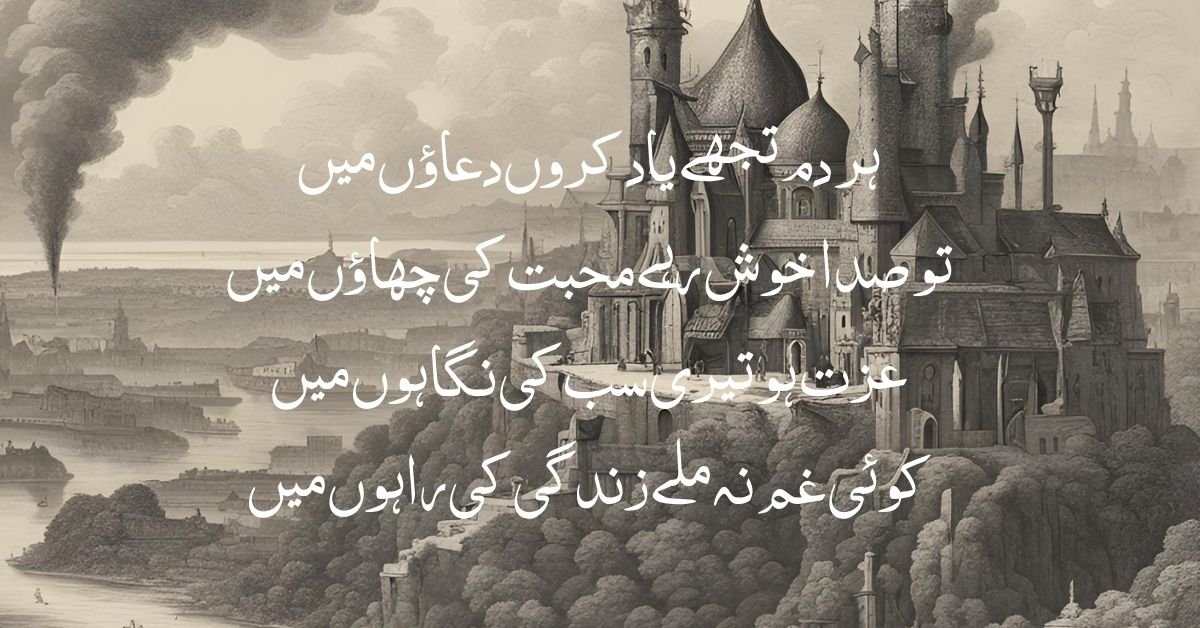Shayari has an unparalleled charm for expressing feelings, especially when written in Urdu. Humsafar Sad Shayari is among the most profound and moving types of Shayari. It explores life’s emotional highs and lows, frequently touching on themes of love, loss, and sorrow. Humsafar Sad Shayari speaks to the core of human emotions, whether you’re celebrating the depth of human feeling or going through a breakup. We’ll discuss the subtleties of this lyrical expression, its importance, and the reasons it has persisted over time in this post.
جب جذبات کے اظہار کی بات آتی ہے تو شیری ، خاص طور پر اردو زبان میں ، ایک بے مثال دلکشی رکھتی ہے ۔ شیری کی سب سے گہری اور دل کو چھونے والی شکلوں میں سے ایک ہمسفر صد شیری ہے ۔ یہ زندگی کے جذباتی اتار چڑھاؤ کی بات کرتا ہے ، جو اکثر محبت ، علیحدگی اور افسردگی کے موضوعات کی عکاسی کرتا ہے ۔ چاہے آپ دل کی دھڑکن کا سامنا کر رہے ہوں یا صرف انسانی جذبات کی گہرائی سے لطف اندوز ہو رہے ہوں ، ہمسفر صد شیری گہرائی سے گونجتی ہے ۔ اس مضمون میں ، ہم اس شاعرانہ اظہار کی باریکیوں ، اس کی اہمیت ، اور یہ وقت کے ساتھ کیوں برقرار رہا ہے اس کی کھوج کریں گے ۔




Outline of the Article:
What is Sad Shayari Humsafar?
The Shayari’s Emotional Significance in Urdu Poetry
Recognising the Meaning of “Humsafar”
The Significance of the Word “Humsafar”
Humsafar in Shayari as a Metaphor
The Beauty of Sad Shayari: Examining a Fundamental Theme of Sadness
Why People Connect with Sad Shayari
Shayari’s Humsafar’s Function
Humsafar’s Symbolism in Poetry: Love and Loss as Poetic Components
Popular Humsafar Themes Shayari’s Unrequited Love, Sad
Isolation and Loneliness, Memories and Longing
FAQs
What is Sad Shayari Humsafar? In Urdu poetry, Humsafar Sad Shayari uses the metaphor of a travelling companion, or Humsafar, to convey feelings of love, grief, and separation.
Why is Sad Shayari such a hit song? People connect with Sad Shayari because it expresses strong feelings that many find hard to verbalise, particularly in times of emotional upheaval or grief.
I want to write a Shayari, can I? You can write Shayari, yes. Let your feelings lead your words as you begin by thinking back on your own experiences with love, grief, or desire.
